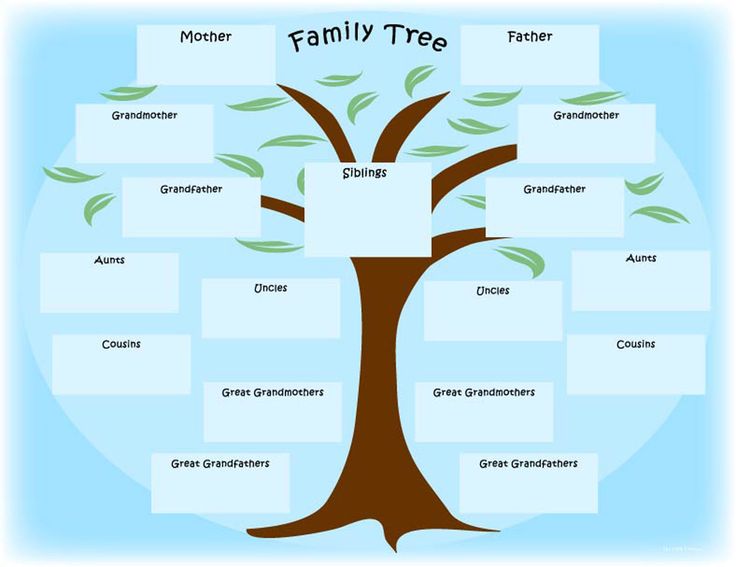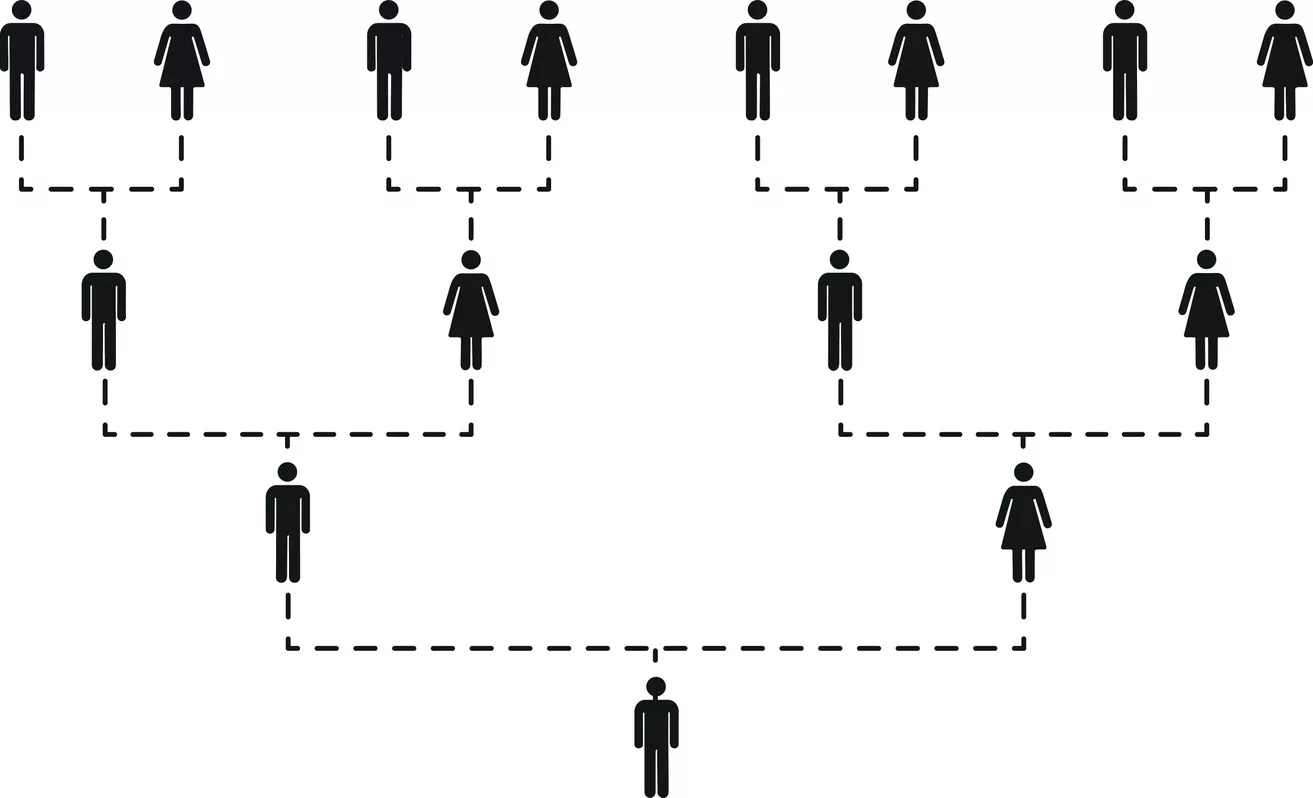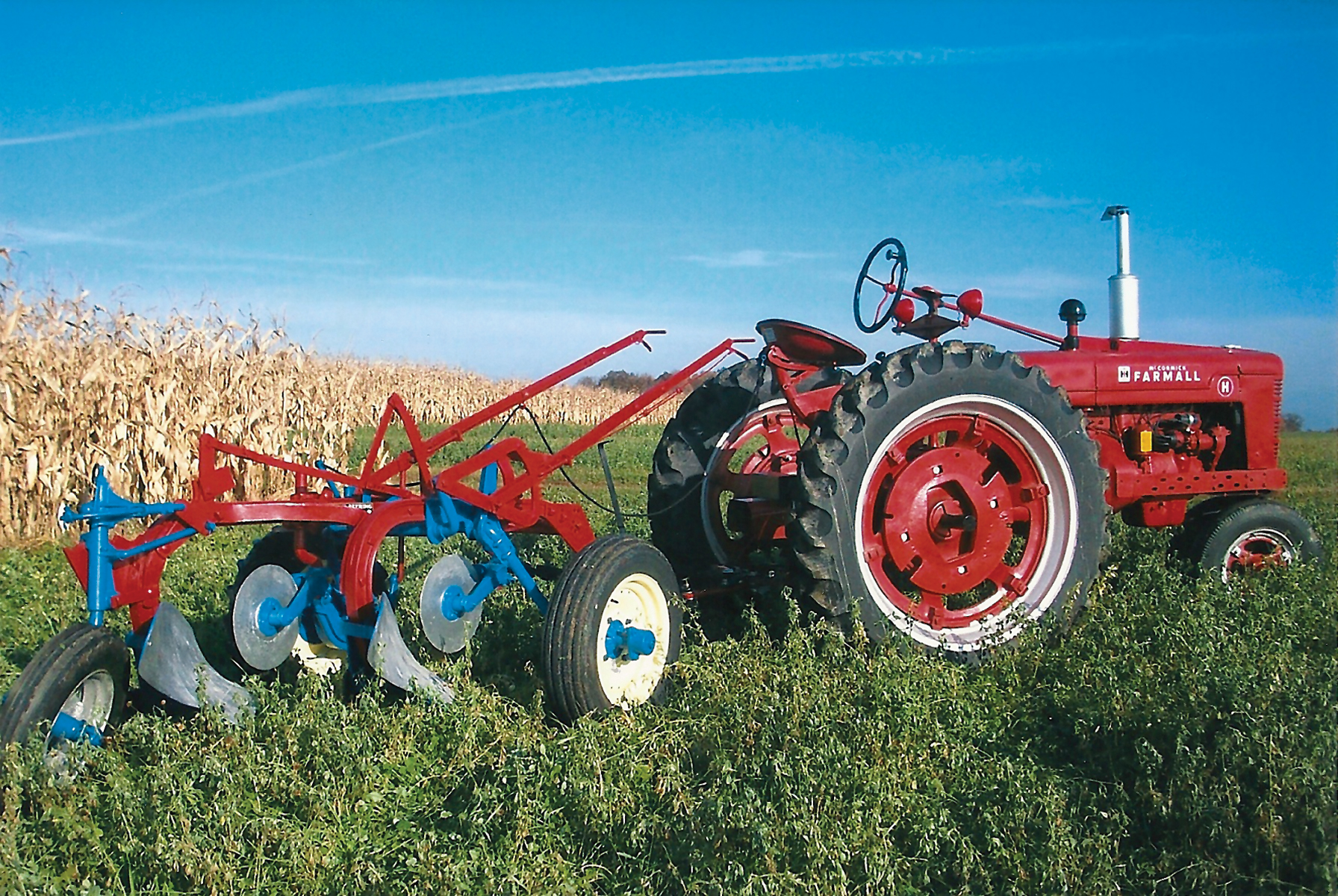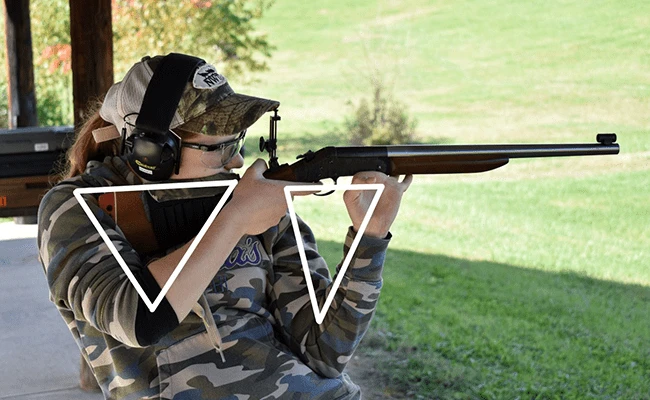Your grandma’s sister is your great-aunt or grand-aunt. This means she is the sister of one of your grandparents. She holds a special place in your extended family, and while not as close as your immediate family members, also plays an important role in connecting you to your family’s history and heritage. Your relationship with your great-aunt may involve shared memories, family gatherings, and a source of wisdom and guidance throughout your life.
Family Relationship with a Grandmother’s Sister
A grandmother’s sister holds the role of a great-aunt within the family, signifying her position as the sister of the grandmother. As a member of the older generation, she represents a significant link to the family’s history and heritage, anchoring the family’s shared bloodline and ancestry.
Throughout the years, she has been a consistent presence at family gatherings, celebrations, and traditional events. Her role includes serving as a connection to the family’s past, often sharing stories of ancestors and recounting the family’s history. Her participation adds depth and complexity to the family’s collective narrative, having observed the family’s growth and evolution over time.
Moreover, despite the complexities that arise as family relationships extend across different generations, the great-aunt’s role remains essential. She functions as a beloved family member who imparts wisdom, offers guidance, and nurtures a sense of continuity within the family. Her presence at family gatherings and events contributes to the preservation of strong familial bonds passed down through generations.
The family relationship with a grandmother’s sister exemplifies the enduring importance of family ties and the connections that span multiple generations. Her historical knowledge and familial connection hold a special place within the family, enriching the family’s sense of heritage and unity.
Shared Memories and Experiences with a Grandmother’s Sister

The shared memories and experiences with a grandmother’s sister are a significant part of family life. Over the years, a tapestry of special moments has been woven, reinforcing the family bond and creating lasting impressions.
In addition, a cherished aspect of the relationship involves family gatherings and celebrations. Whether it’s holiday dinners, birthday parties, or anniversaries, the great-aunt is a consistent presence, adding to the joy and warmth of these events. Her attendance has become a tradition that brings a sense of continuity to these occasions.
Beyond formal gatherings, spontaneous adventures and outings have also contributed to the shared experiences. Trips to explore new places have not only been enjoyable but have also deepened the connection between family members, providing insights into each other’s individuality.
Further, the shared memories often include stories about ancestors and family history. These storytelling moments serve as a journey through time, offering insights into the family’s roots, challenges, and successes. They foster a deep appreciation for the family’s heritage.
Moreover, the family has come together to celebrate achievements and milestones. The great-aunt’s support and encouragement have played a pivotal role during important life events, making these moments even more significant.
Role and Influence of a Grandmother’s Sister
One of the most noteworthy aspects of her role is her capacity to provide valuable guidance and perspective. Over the years, she has accumulated a wealth of knowledge and life experiences, which she generously shares with family members. Whether it involves offering advice on life decisions, addressing family matters, or recounting personal life stories, her influence is one characterized by a steady presence of guidance and support.
Additionally, her impact extends beyond the practical aspects of life. She possesses the ability to instill a profound sense of family pride and tradition. Her narratives about ancestors and the family’s roots contribute to a strong sense of identity and belonging among family members. She has been instrumental in conveying the importance of family values and preserving the family’s heritage.
Furthermore, the influence of her can significantly shape one’s perspective on the world. Her insights and experiences often lead to broadened horizons and an enhanced appreciation for the richness of life. She encourages a sense of curiosity and a deeper understanding of history and culture, which can have a lasting impact on the personal development of family members.
Choosing the Right Term: Grandaunt vs. Great-Grandaunt
“Grandaunt” is a more accurate term when talking about the siblings of your grandparents. This is because your grandparents and grandaunts belong to the same generational level.
On the other hand, “great” is better used for the generation that’s one step older. For example, your great-grandmother’s sister would be called your great-grandaunt.
So, if you want to talk about the sisters of your grandparents, it’s “grandaunt.” If it’s the sisters of your great-grandparents, then it’s “great-grandaunt.”
FAQ’s
What is my grandmother’s sister’s daughter to me?
Your grandma’s sister’s daughter is your cousin. She is your 1st cousin once removed, and her child is your 2nd cousin.
Is it grand aunt or great aunt?
It’s more correct to use “grandaunt” for a grandparent’s sister to avoid confusion with earlier generations.
What is my grandma’s brother to me?
Your grandmother’s brother is your great-uncle.
What do you call your grandma’s sister’s son?
Your grandma’s sister’s son is your 1st cousin once removed.
Who is my second cousin?
Second cousins share the same great-grandparents. For example, your mom’s first cousin’s child is your second cousin, or your grandpa’s brother’s grandchild (your dad’s aunt’s grandchild) is your second cousin.
Final Words
To sum up, your grandma’s sister is your great-aunt or grand-aunt, and she occupies a unique and valued position within your extended family. As a link to a previous generation, she serves as a connection to your family’s history and heritage.
Also, the relationship with your great-aunt is marked by shared memories, family traditions, and a source of guidance, creating a sense of continuity within your family. While not an immediate family member, she contributes to the richness and depth of your family bonds, and her presence holds significance in the tapestry of your family’s story.











